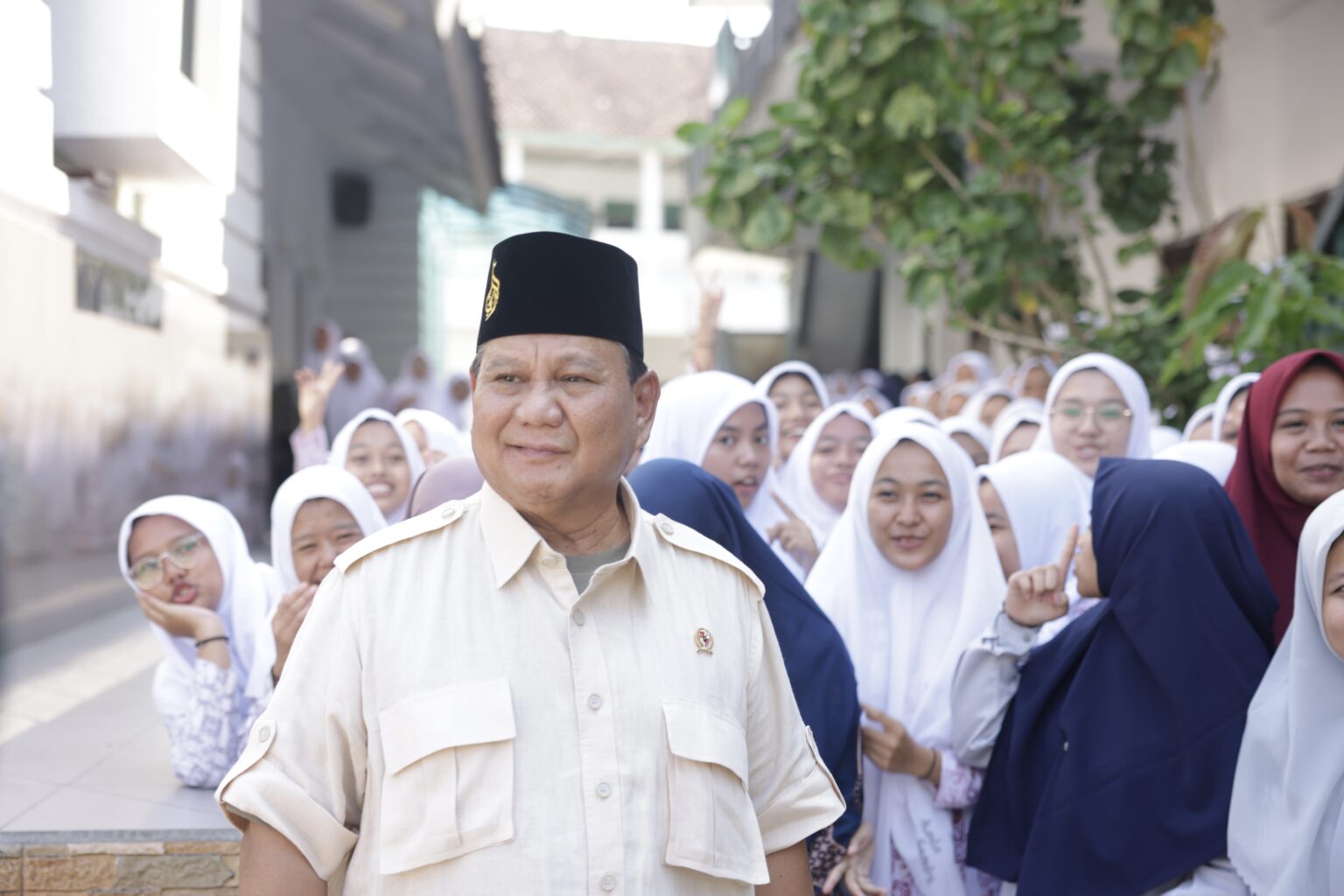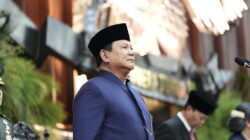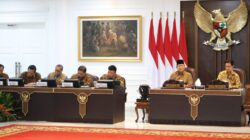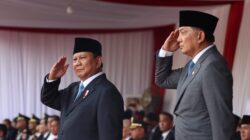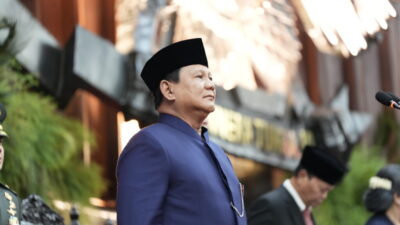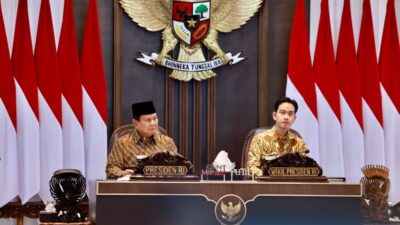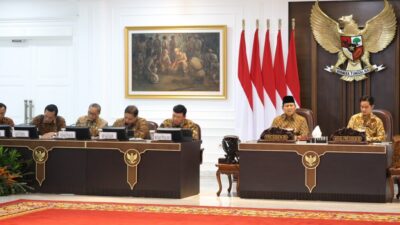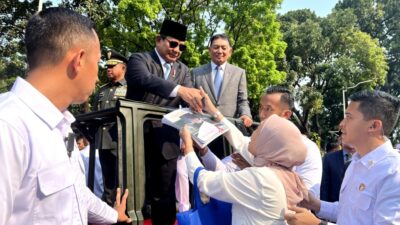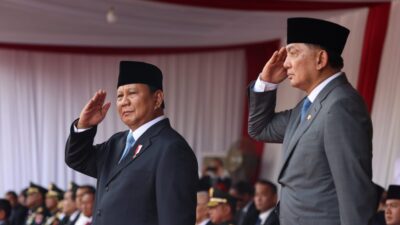According to the book “Strategic Transformation of the Nation: Towards Golden Indonesia 2045” by Prabowo Subianto, it is predicted that Indonesia has 13 years from 2023 to escape the middle-income trap. The economy needs to grow at rates above 6% over the next 13 years, which is a challenging task considering the global average economic growth rate is only 2%. President Joko Widodo has acknowledged the challenges ahead, including wars, climate change, and food crises.
Climate change is a major concern, with September 2023 being the hottest September on record. The increase in global temperatures is attributed to human activities such as burning fossil fuels. Indonesia signed the Paris Agreement in 2015 to limit the global temperature increase to 2 degrees Celsius above pre-industrial levels. The country is committed to transitioning to renewable energy sources like solar, geothermal, and hydro power plants.
Indonesia has also launched a carbon trading market to incentivize efforts to prevent deforestation and promote reforestation projects. However, global efforts to achieve net-zero greenhouse gas emissions are not yet optimal, with the average global temperature already reaching 1.5 degrees Celsius above pre-industrial levels. The impacts of climate change, such as droughts and rising sea levels, are felt in Indonesia, affecting food production, increasing food insecurity, and threatening lives.
To adapt to climate change, Indonesia must invest in drought-resistant seeds for farmers and stronger infrastructure for coastal communities. This will require significant financial resources and a high capacity for adaptation. It is crucial for Indonesia to act swiftly to address these challenges and work towards a sustainable and resilient future.
